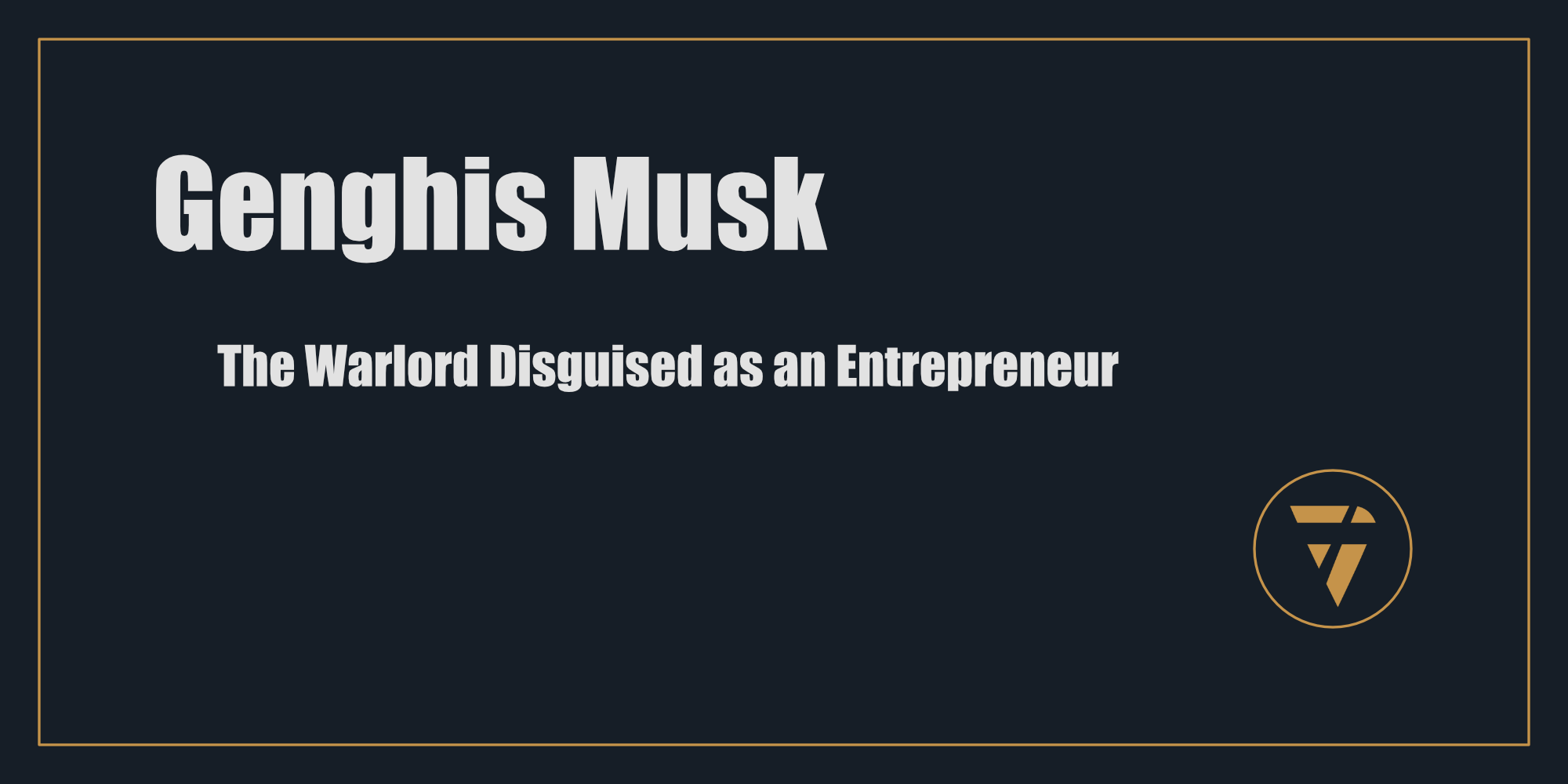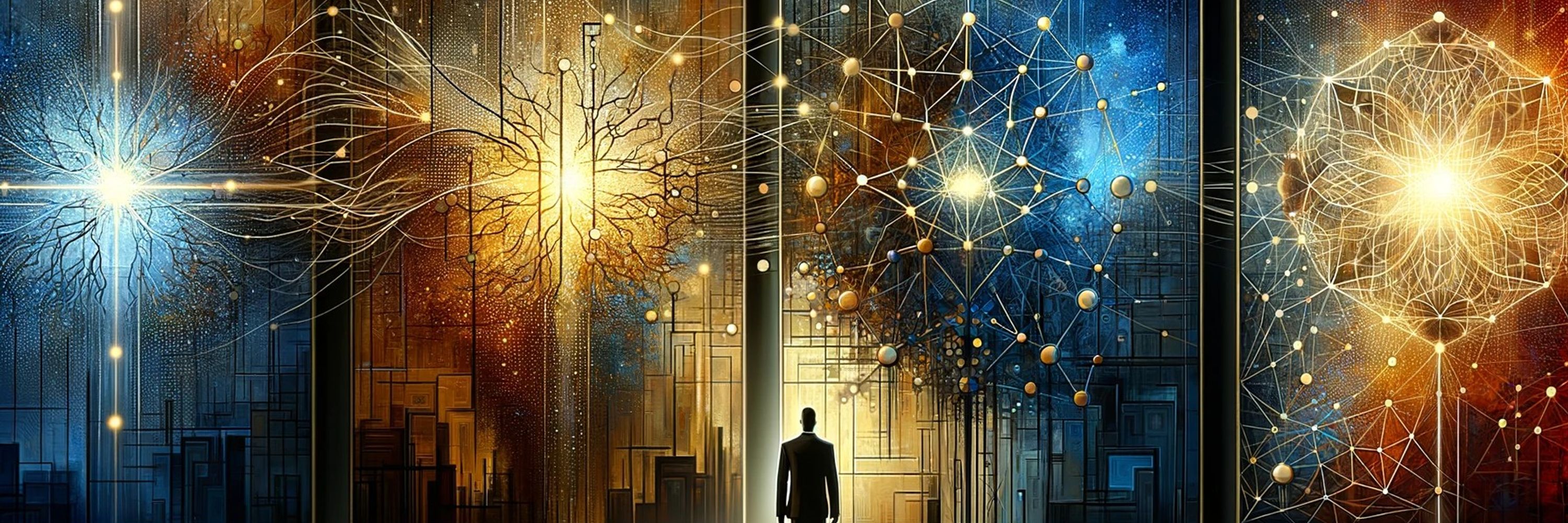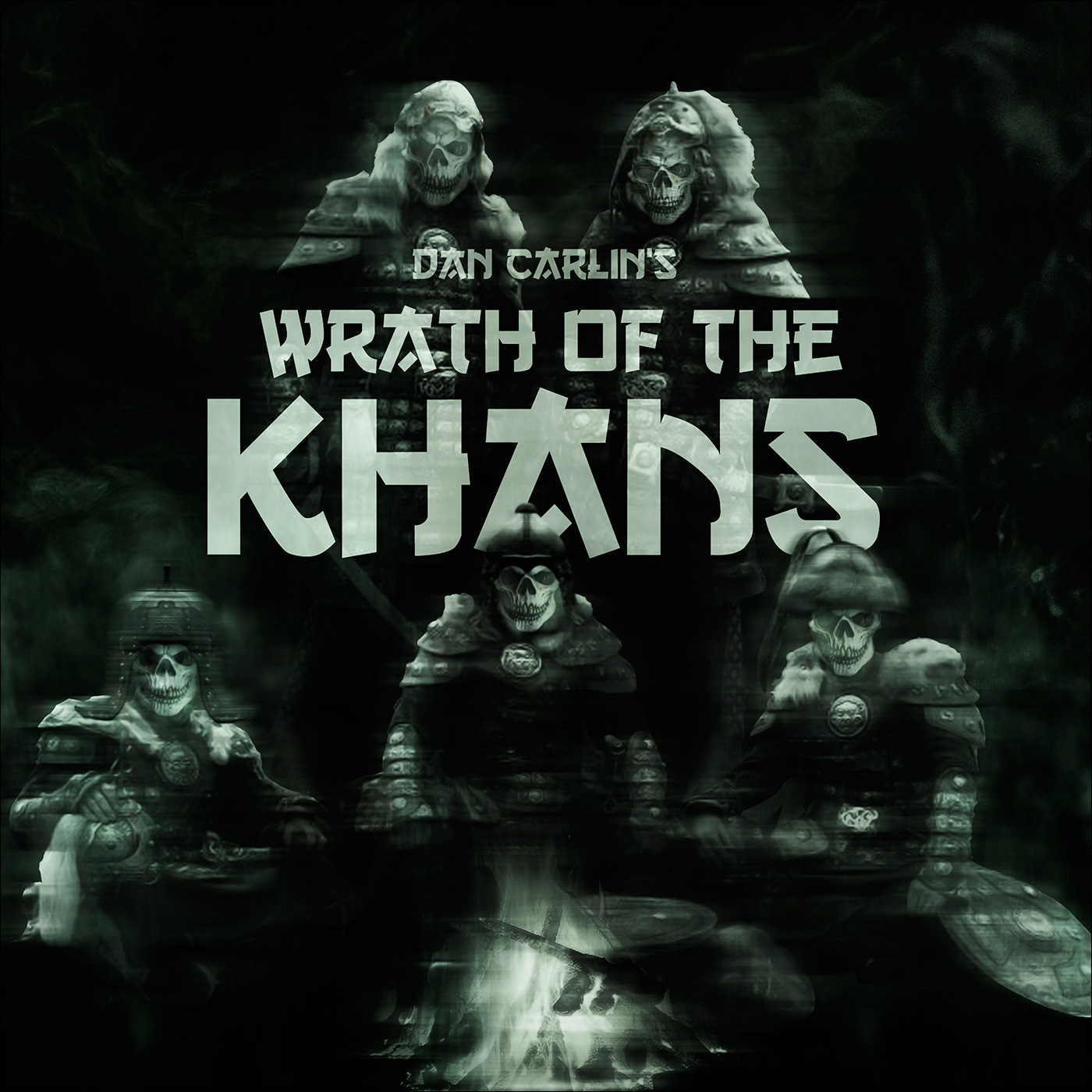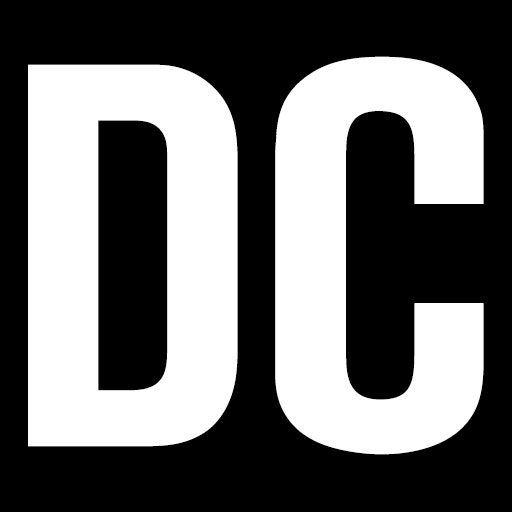Genghis Musk

The Warlord Disguised as an Entrepreneur
History does not remember those who simply accumulate wealth. It does not carve statues for those who merely run profitable companies. The names etched into eternity are the names of conquerors, empire builders, men whose vision was not limited to commerce, but who sought to shape the world—perhaps even the universe—in their image.
Elon Musk is not a businessman. He is not merely a billionaire. He is not an entrepreneur, an innovator, or even a disruptor.
These are not reality. And they are the wrong comparisons. These are the comfortable illusions we have allowed ourselves to be told.
He does not dream like Rockefeller. He does not think like Gates or Jobs. He does not want to be Henry Ford or Howard Hughes.
He wants to be Genghis Khan.
And if we fail to see it—if we fail to understand the scale of his ambition and the lengths to which he will go to achieve it—then we are willfully blind to the transformation happening right before our eyes.
The Parallels
Genghis Khan did not set out to be a warlord. He did not seek to merely be rich, nor to rule a small territory. He sought to reshape the world, to expand his lineage, to create an empire so vast that his bloodline would stretch across centuries.
He succeeded.
Through a combination of brute force, strategic brilliance, and sheer will, he carved the Mongol Empire into the largest contiguous land empire in history, spanning from China to Europe. He assimilated entire civilizations, absorbed technologies, and rewrote the rules of war, governance, and trade.
Elon Musk, too, is not satisfied with simply building companies. His aspirations are not confined to balance sheets and quarterly profits.
He seeks dominion.
He seeks expansion.
He seeks to etch his name into history, not just as a man who made money, but as the father of a new era of human civilization.
And like Genghis Khan, he understands that true legacy is not written in financial reports—it's written in power. In influence. In progeny.
The Conquest of Industries
Like the Mongols sweeping across Asia, Musk has waged a campaign of dominance across multiple industries.
1. Space: The Final Frontier of Empire
SpaceX is not a business venture—it's a declaration of intent.
When Musk speaks of colonizing Mars, he does not speak in speculative terms. He does not dream of participating in space exploration. He dreams of owning it. He does not see himself as a contributor to space travel—he sees himself as its architect, its ruler.
And when he says that Mars should have "no laws" other than the ones its first settlers establish, he is not simply making a libertarian argument—he is laying the groundwork for himself to be the lawgiver, the emperor of the first human colony beyond Earth.
Would you expect anything less from a man who sees himself as the father of a new civilization?
2. The Assimilation of Communication
The Mongols understood that control over information was control over empires. They revolutionized trade routes, establishing the Silk Road as a network not just for commerce but for intelligence. Messages could travel from one end of the empire to another in record time, giving them an unparalleled strategic advantage.
Musk understands this principle as well.
With Twitter (now rebranded as "X"), Musk has seized one of the most influential social media platforms on the planet. He now controls the flow of political discourse, the narratives that shape elections, the conversations that shape global economies.
He is not merely participating in free speech debates—he is ensuring that when the next major shift in history occurs, it will happen on his platform, under his watch, according to his terms.
3. Military Might: The Merging of Industry and Warfare
Genghis Khan did not merely conquer; he revolutionized warfare. He adopted the technologies of his enemies, integrating them into his armies and perfecting the art of war.
Musk is following the same playbook.
- Tesla’s Cybertruck is being reimagined as an armoured military vehicle for U.S. defence forces.
- Starlink, his satellite network, is already being used in Ukraine and other global conflicts, giving Musk direct influence over military communications.
- The Department of Defense is increasingly reliant on SpaceX for space operations.
Elon Musk is not merely a businessman. He is a warlord in the digital age.
And he is positioning himself to be the single most indispensable force in military technology in the 21st century.
Father of Humanity—Literally
Genghis Khan’s most lasting legacy is not just his empire—it's his bloodline.
It's estimated that 1 in 200 men alive today carry his DNA. His conquests were not just about territory; they were about spreading his lineage, ensuring that his genetic legacy would endure through the centuries.
Elon Musk has made no secret of his belief that birthrates are declining too rapidly and that humanity must reproduce more.
And he is leading by example.
Musk has fathered at least 13 children with multiple women, including senior executives and influential partners. He has publicly stated that he is willing to father more. He has even made offers to friends and acquaintances to "help" them conceive.
This is not a coincidence.
This is not random.
This is deliberate.
Musk is not merely leaving behind companies. He is leaving behind bloodlines.
His name will not be forgotten in a few generations, because his genes will be in the DNA of thousands.
This is not capitalism.
This is legacy-building on a scale most people cannot fathom.
The Political Takeover: The Most Dangerous Step
It was not enough for Genghis Khan to lead armies. He needed to rule.
And it's not enough for Elon Musk to lead companies.
He needs to govern.
- Musk is now embedded in U.S. government operations. His recent appointment to the Department of Government Efficiency (DOGE) under President Trump gives him sweeping control over federal agency restructuring.
- Musk dictates policy on a global scale. His influence in Ukraine’s military communications shows how world leaders must defer to him.
- Musk can now reshape democracy itself. With control over both social media and political infrastructure, he is in a position to shape elections, laws, and public perception.
This is not speculation.
This is happening.
Elon Musk has spent decades building his empire. And now, he is taking what he wants.
Do You See It Now?
This is not a warning about some future dystopia.
This is the reality unfolding before our eyes.
Elon Musk does not seek to be the richest man in the world.
He seeks to be its ruler.
He seeks to be its father.
He seeks to be its emperor.
The question is not whether Musk will continue to expand his influence—the question is whether we will continue to allow it.
The world did not stop Genghis Khan.
And unless we wake up to what is happening, it will not stop Elon Musk either.
The only difference is that this time, the empire is not bound by land.
This time, the empire is digital.
This time, the empire is planetary.
And this time, the emperor does not need an army.
Because we are handing him the world willingly.
This is what I’m working on. Tell me what you think, I enjoy the conversation! Subscribe and follow the work in real time.
Thanks!
B

Elon Musk isn’t Rockefeller. He isn’t Jobs. He isn’t even a robber baron. You’re thinking too small.
He wants to be Genghis Khan. Emperor of the Galaxy. Father of every human. And post-human.
He’s not running businesses. He’s waging conquests. And he just took his first kingdom.
PS -

Do you see it? ben@proconsul.ca








